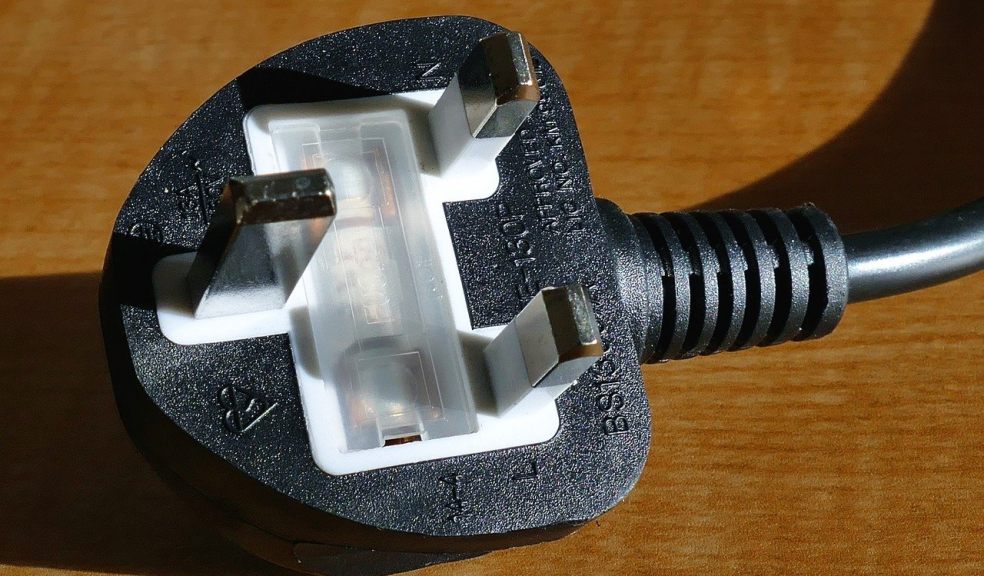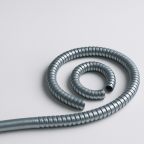
Top tips for ensuring safe electricity usage at home
Every home requires access to electricity, whether the reasons are for fun or functionality.
Unfortunately, the safe an d steady provision of power isn’t as simple as merely flicking a switch. Concerns are not uncommon, and there’re certainly many things one must consider before being truly content in matters of their energy usage. After all, it’s often homeowners themselves who’re responsible for the wasting of electricity, so placing all the blame on other entities isn’t entirely helpful when some quick lifestyle changes will suffice.
Therefore, here’re some top tips for dealing with all your major and minor concerns around electrics.
Acquire an Electrical Installation Condition Report
Having a qualified engineer or electrician issue you with a comprehensive electrical installation condition report (EICR) is vital for using electricity the correct way.
If you’re asking yourself ‘What is an EICR report?’, then Trade Facilities Services undoubtedly have all the answers you need, so read up on them before deciding whether to book your own through them. They explain that the contents will reveal, amongst other things:
- If electrical circuits are in good condition and safe to use.
- Any risks of electric shocks.
- If any defective work has been installed in the property.
- Inspection on the condition of consumer units.
True Facilities Services detail all this information across the board, providing a quality service with competitive pricing as a top priority. These arrangements are also mandatory for landlords, and while it’s not a legal requirement if you’re selling a property, it can incentivize owners to buy with the additional peace of mind provided by them. Ultimately, regardless of your situation, an EICR can address any concerns you have about any electrical installation in your property.
Communicate and Educate
When it comes to electrics and safety, it’s important for a household-wide consensus to be formed.
This might involve educating your young children about how to use electricity safely, for example by not placing any instrument into an electrical outlet, such as scissors. After all, what seems like common sense for an adult can be a quite a steep learning curve for children, so mentioning all the best safety practices for them to learn is undoubtedly a good idea.
Even if you’re living with older persons, some occasional reminders on good electrics etiquette can be useful. For example, if you live with someone who is occasionally leaving on devices such as televisions and gaming console, then taking them to task is a worthwhile effort. Try to remain polite around these matters but do explain that if these machines are left on, fire risks or machines gradually breaking down through increased ‘wear and tear’ may become more likely.
Communication is the bedrock of any changes you want to make in the home. After all, it’s quite possible all your good work will be quickly undone by the poor behaviour your family and friends are exhibiting. Set the terms of the changes being made in a reasonable way, and gently enforce your energy-related rules thereafter.
Check Expectations
The world of technology has instilled in people a false conception: that anything should be possible, anytime, anywhere.
Therefore many people jump the gun with their electricity usage, fuelled by a technology addiction that’s rippling through the UK today, causing much anger and frustration as people neglect their families and responsibilities for time spent on screens and online. However, despite the destruction this all does to one’s personal life, it can also put a strain on how the electricity is used.
Some safety practices are common sense, such as not keeping any electrics near water, or leaving machines on. However, there’re more things to consider that’re perhaps less well-known, such as overloading plugs by connecting extension cables to other extension cables, or plugging too many devices into one outlet at a time.
It’s also inadvisable to pair certain appliances via one extension cable. For instance, it’s inadvisable to plug both a dishwasher and washing machine into the same extension cable, or a kettle and toaster, for example. It might be convenient because they’re typically in a close physical proximity, but it’s best to power them completely independently from one another. In the end, while technology makes life easier, you should measure your expectations and not take that philosophy too far.
Use Electricity Economically
Many people assume that electricity is just a flurry of energy that’s needed 24/7, but that’s not strictly the case.
For example, energy saving bulbs use much less electricity and thus reduce the carbon footprint of your home, which is a huge draw if you’re looking to run a more energy efficient household. Of course, because they use less electricity, this should theoretically mean that you stand a good chance of having more affordable bills as a result also.
Not only this, but if you install things like double glazing windows, then you your house may be warmer for it without the use of things such as heaters or electric fireplaces. Additionally, throwing open the curtains during the day and letting in the natural light may discourage you from turning on lamps and main room lights before nightfall. Ultimately, there’s always something you can be doing to minimise the concerns around your electricity usage.
Meter Changes
The consumption of energy has been continuously reimagined thanks to innovations in technology.
After all, the surge in smart meter usage is particularly prevalent on the Isle of Man, with all homes and their collective 50,000 analogue devices set to be upgraded in a whopping £18.2m scheme. The hope is to modernise the island’s electricity infrastructure and instil customers with an ability to make more acutely informed choices regarding their energy usage. What’s not to like here?
While this scheme was reportedly set to begin in June, it’s obviously not necessary to wait before you can enjoy the perks of a smart meter for yourself. They can perform functions such as calculating and paying your bills for you, provide a more accurate bills, and eliminate the bothersome chore of repeatedly deciphering meter readings. Both a time and money saver, to delay in their usage is to yourself and your household a disservice.













